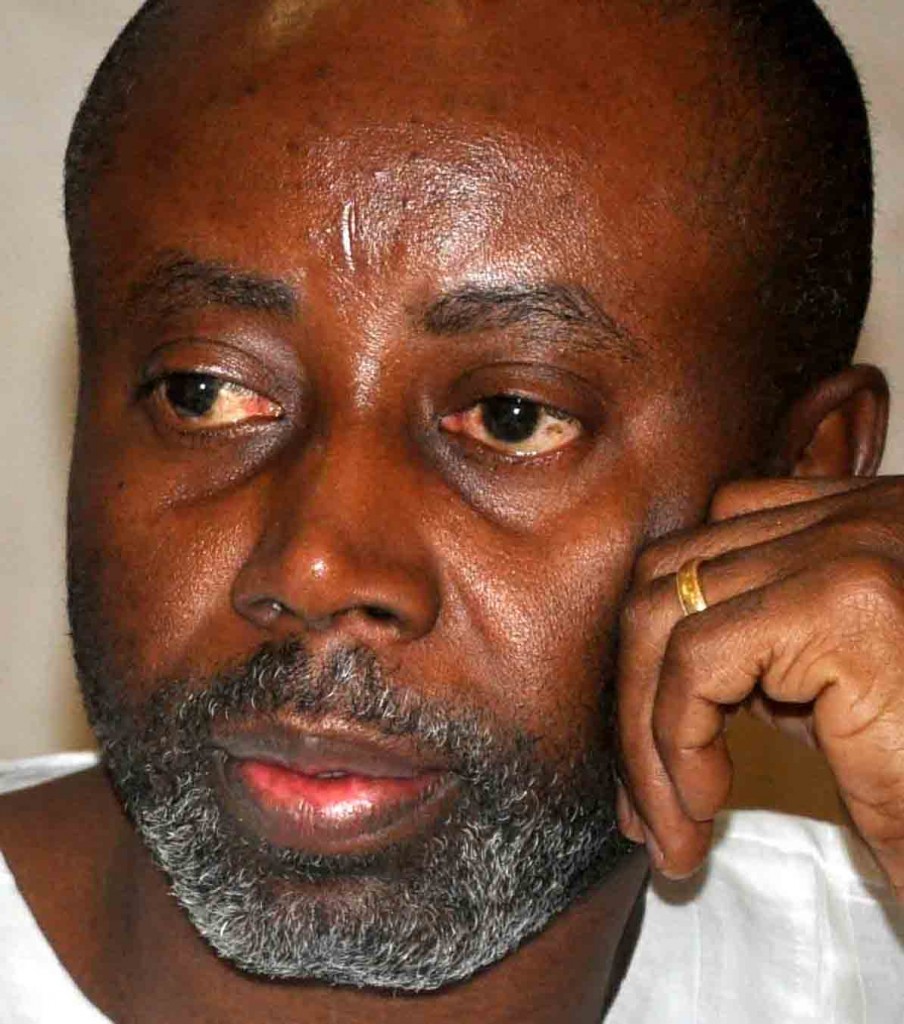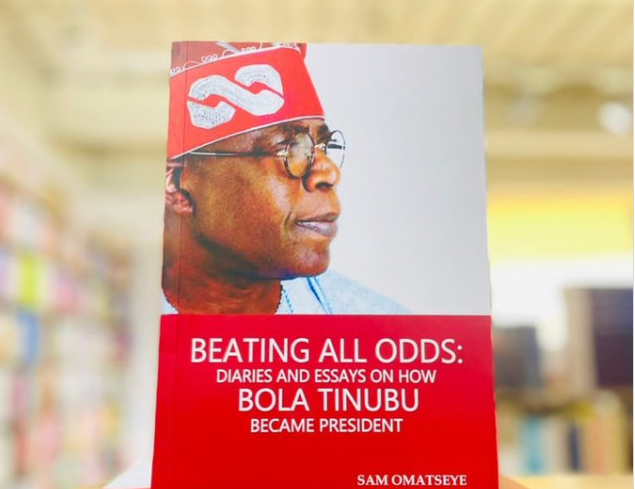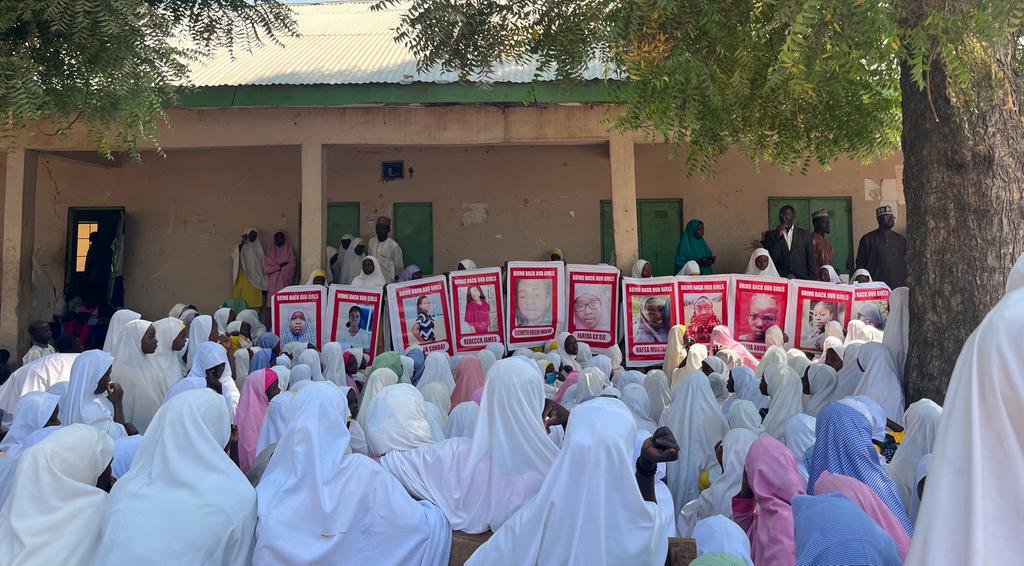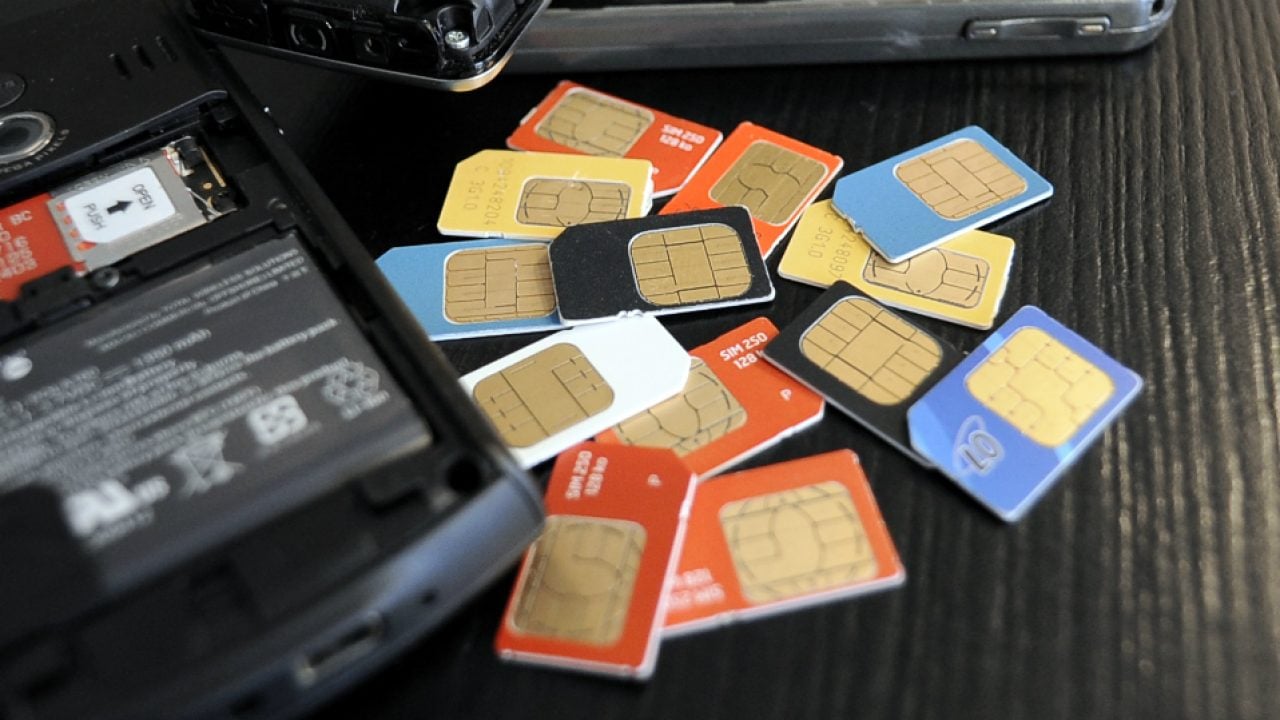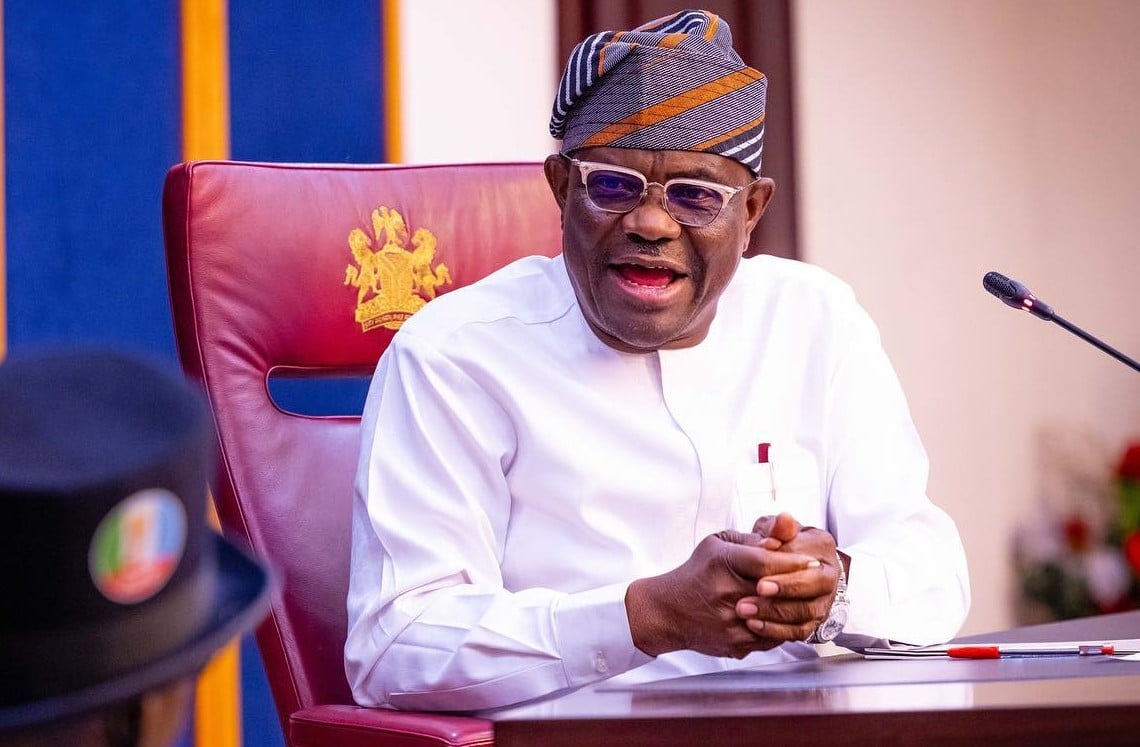On Tuesday, February 6, 2024, family, friends, and associates gathered at a Virtual Stakeholders’ Meeting to mark the one year of operation of the Innocent Chukwuemeka Chukwuma Empowerment Foundation (ICCEF). Founded in April 2022 in honour of Innocent Chukwuemeka Chukwuma, “to continue his impactful work and build on his numerous legacies,” ICCEF commenced work in January 2023 with five programme areas: Youth Innovation and Technological Start-ups; Mentoring & Intergenerational Dialogues (Big Brothers & Sisters Project); Community Youth Empowerment & Education; Our Daughters Project; and Legacy Projects.
It was a fitting occasion to remember the man in whose honour ICCEF was named. If Innocent Chukwuemeka Chukwuma were alive, he would have been 58 on Tuesday, February 6, 2024. It has been three years since I got the deeply disturbing call from Prof Chidi Odinkalu, thousands of kilometres away. Three years later, I still remember those terse words, “We may have lost Innocent”.
Innocent, the immediate past West African regional director of Ford Foundation, was also the founder of CLEEN Foundation; Network on Police Reforms in Nigeria (NOPRIN) and co-founder of several other organizations and networks. He was a renowned social justice crusader, human rights activist, and one of the leading lights within civil society in Africa, who has been described as “Africa’s leading expert on police and law enforcement reform”.
Innocent Chukwuemeka Chukwuma was a brother and friend. We were friends for more than three decades until his passing. We share the same birth year and he never stopped talking about how much older he was (with two months between us) and why he would pick kola nut before me in the council of elders. We were both active in the students’ movement. We were campmates at Kashim Ibrahim College of Education during our one-year National Youth Service Corps (NYSC) programme in Maiduguri, Borno State, where his campaign against poor feeding in the camp led to “punitive” posting to our “Place of Primary Assignment” (PPA). We would reunite in Lagos after our NYSC where he took up a job with Nigeria’s foremost civil society organisation, the Civil Liberties Organisation (CLO) and would go on to found the CLEEN Foundation.
Advertisement
I remember and miss Innoma, as I called him. I remember him from our days of student activism; he was at the University of Nigeria (UNN) and I, the University of Calabar where he would seek refuge each time he was in trouble at UNN. I remember the camaraderie, courage and leadership he showed, to his detriment, at the NYSC orientation when those of us who were active in the students’ movement became targets of the establishment. We had been admonished to leave our activism at the entrance of the orientation camp.
I remember him from our post-NYSC days in Lagos as young men supporting each other as we tried to make our marks in our careers. I remember him as the person who saved my doctoral research. Eight years ago, after the publication of the book, We Are All Biafrans, and three years into a doctoral programme at Universität Autònoma de Barcelona, Barcelona, Spain, I almost gave up because of mental fatigue and lack of funding for research that spanned two continents (Africa and Europe) and three countries (Nigeria, South Africa, and Spain). Innocent came to my rescue. He not only talked me out of quitting, but he facilitated the funding support that enabled me to complete my programme three years later.
I miss Innocent with whom I often talked endlessly about the challenges of Nigeria and what to do, shared a good laugh and dinner on many occasions in Abuja or our favourite gizdodo any time I was in Lagos and he was available. Each time I remember Innocent, I think of the great Comrades we have lost—Chima Ubani, Emma Ezeazu, Olaitan Oyerinde, Biodun “Revo” Ogunade, Bamidele Aturu, etc.— and the shrinking generation of Nigerian students and youth who were alive to their historic duty of confronting the brutal dictatorships of Generals Buhari, Babangida and Abacha. It was Frantz Omar Fanon, the Martinique revolutionary and psychiatrist who noted that “Each generation must, out of relative obscurity, discover its mission, fulfil it, or betray it”.
Advertisement
Innocent was an ideas man who wasn’t fazed by any problems, political or otherwise. I wonder what he would make of the current state of Nigeria, a nation at war with itself as seen with the tragic killing of soldiers in the Delta State and the alleged reprisal attacks on civilians by the military, the unmitigated violence by state and non-state actors that has enveloped the country, and the abduction of children whose only crime is the quest for education in a country where our rogue elite have captured the state.
As the nation grieved and concerned Nigerians tried to make sense of the killing of soldiers from the 181 Amphibious Battalion based in Bomadi local government area of Delta state by unknown assailants in Okuama community of Ughelli South Local Government Area, which had been at loggerheads with the Okoloba community of Bomadi Local Government Area in Delta State, on Thursday, March 14, 2024, a Nigerian friend who lives in China reached out, wondering why citizens would “attack their country’s Army, and lay ambush for them”. It is a question that has bothered me since I received the message.
My friend’s solution was to “change the name of our Armed Forces to the Nigerian Defence Forces (NDF) or the People’s Defence Forces (PDF) Army, the People’s Defence Forces Navy and the People’s Defence Forces Air Force. Something that can give our people the sense or ‘indigeneship’ of our Armed Forces like they have in Botswana that calls their armed forces, Botswana Defence Force (BDF)”. What is in a name, we may ask? My friend argued that “lack of patriotism” is the reason citizens would “attack their own country’s Armed Forces that came to broker peace in their warring communities. The trust building should I think start from change of name…in Europe and China the people love their Army”.
My friend’s intervention reminds me of the intervention of a former Chief of Army Staff and Minister of Defence. Exactly six years ago, on March 24, 2018, at the maiden convocation ceremony of Taraba State University in the capital city of Jalingo, Gen. Theophilus Aboki Danjuma (retd) called out the Nigerian military in a way that destroyed any shred of integrity or pretence to being a national institution.
Advertisement
Danjuma “accused the Nigerian military of prejudice, urging people to defend themselves, rather than rely entirely on the institution for protection,” in reference to the spate of ethnic killings that had convulsed the northcentral zone of the country. He “charged Nigerians to depend less on the Armed Forces, which according to him ‘are now biased in their operations.’” He “expressed regret that the institution, which used to be a shield for citizens, irrespective of religion, tribe or political party affiliation, has descended into partisanship.”
Last year, Oby Ezekwesili, a former minister of education, and founder of Fix Politics Initiative, spoke during the second memorial lecture on the death of Innocent Chukwuemeka Chukwuma, which also coincided with the first annual Innocent Chukwuemeka Chukwuma Impact and Legacy Lecture Series. The event served as a powerful tribute to the legacy and ideas of Innocent who left behind indelible marks in various fields.
On April 12, 2024, CLEEN Foundation and ICCEF will jointly host the 3rd posthumous memorial and the 2nd Impact and Legacy Lecture Series in honour of Innocent. One of Nigeria’s preeminent public intellectuals and Catholic Bishop of Sokoto, Mathew Hassan Kukah, “who has successfully combined pastoral, civic and intellectual roles to his monumental work in human rights, peacebuilding and public service,” is the guest speaker.
As I remember Innoma, I look forward to Bishop Kukah’s intervention on the topic, “The Power of One. Dreams and Nightmares: Thoughts on Innocent Chukwuma”. It should be stimulating at a time of unmitigated national morass in a country, to quote Prof Okey Ndibe, “conceived in hope but nurtured by its leaders into hopelessness.”
Advertisement
To Josephine, Chidinma, Amarachi, and Nkechi, thanks for keeping the dream alive!
Onumah can be reached via @conumah.
Advertisement
Views expressed by contributors are strictly personal and not of TheCable.
Add a comment
